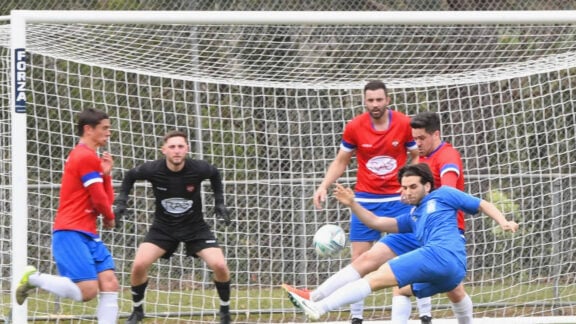This week, September 14-29 is National Stroke Week. Stroke is the second single greatest killer and one of the leading causes of disability in Australia.
The National Stroke Foundation campaign, FAST, aims to help people recognise the early warning signs.
If you think that someone close to you may have experienced a stroke, use this simple test:
Face- Has their mouth or eyes drooped?
Arms- Can they lift both arms?
Speech- Is their speech slurred?
Time- is critical! Call 000 if you see any signs.
Acting FAST and getting early treatment could mean the difference between death or severe disability and a good recovery from stroke.
Fast Facts:
What is a stroke?
A Stroke occurs when the supply of blood to the brain is suddenly disrupted (often due to a clot or plaque in an artery), which kills brain cells in the area.
Brain cells usually die within an hour from the beginning of the stroke but can survive sometimes up to a few hours after the stroke starts. Therefore prompt medical treatment is important.
Effects of stroke:
Everything we do is controlled by different parts of the brain. So when a stroke happens, we lose the ability to do things that, that part of the brain controls.
Small strokes may affect a person’s ability to think or speak, while large strokes may leave people paralysed or even dead.
Prevention:
According to the National Stroke Foundation, you can reduce you risk of stroke by managing the following risk factors:
High blood pressure: This is the most important known risk factor for a stroke. Follow a low salt diet, exercise at least 30 min daily, eat plenty of fruit and vegetables, and limit alcohol to help lower your blood pressure.
High cholesterol: Maintain a diet which is low in animal fats and high in fruit and vegetables. Choose healthier fats like olive or canola oil and exercise at least 30 min daily.
Transient ischaeic attack (TIA): This is a mini stroke. Anyone who had a TIA is at greater risk of having a stroke. See your doctor who may prescribe you medication to reduce your cholesterol and blood pressure.
Irregular heart beat: This condition is also a risk factor for a stroke, therefore seek medical advice from your doctor on how to manage this condition.
As well as increasing physical activity, quitting smoking and limiting alcohol, following a balanced diet can reduce stroke risk.
Your meals should be low in: total fat, cholesterol, salt, red meat, and sugary drinks. Focus on fruit and vegetables, low fat dairy, nuts, fish, wholegrains and poultry.
Information and advice on stroke prevention, treatment and recovery is available from www.strokefoundation.com.au or by calling the StrokeLine. Ph: 1800 787 653.








